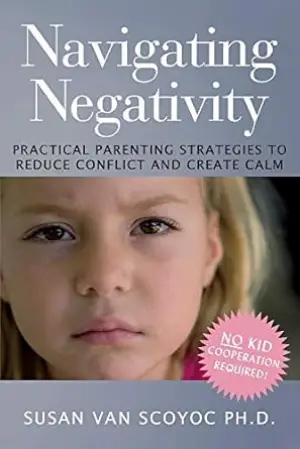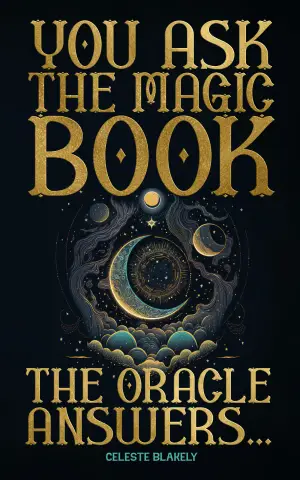A Journey Through "My, trans" by Piotr Jacoń: A Heartfelt Reflection
As I flipped open the pages of "My, trans" by Piotr Jacoń, I was prepared for a somber read, yet what awaited me was a profound tapestry of resilience and vulnerability woven through the lives of transgender individuals and their families. This book captured my attention not only for its topical relevance but also for its raw honesty and the pressing need it addresses in contemporary Polish society.
In "My, trans," Jacoń takes us on a deep dive into the world of transgender individuals in Poland, a group that is often misunderstood and marginalized. The statistics he shares—like the alarming 70% of transgender individuals contemplating suicide—act as a stark backdrop to personal stories that range from despair to triumph. Each narrative is a powerful testament to the struggles of identity, acceptance, and the fundamental human right to live authentically.
Jacoń’s writing style is both compassionate and incisive. He deftly balances the heavy themes of dysphoria, familial rejection, and systemic discrimination with moments of hope and connection. The pacing feels just right; it allows readers to absorb the weight of each story while also providing space for reflection. His approach to interviewing transgender individuals and their families, particularly the poignant accounts from mothers and their deep-seated fears and hopes for their children, drives home the emotional core of the book. One passage that struck me was the heart-wrenching acknowledgment from a mother who realized that, for her child’s happiness, distance might be the only solution in a hostile environment.
What has resonated most with me, however, is the subtle yet powerful framework Jacoń builds around acceptance and love—a reminder that even amidst adversity, the desire for understanding can forge connections. The book illustrates the importance of allyship, reinforced by conversations with psychologists and activists, which provide both guidance and a call to action for those who wish to support the transgender community. The narrative’s focus on personal stories alongside expert viewpoints enriches the reading experience, making it both educational and relatable.
The emotional weight of the stories is palpable, and there are moments that had me reflecting not just on the struggles faced by transgender individuals, but on my own perceptions and understanding of gender identity. Particularly poignant were the reflections on how societal narratives—often shaped by political discourse—can deeply impact the lived experiences of those in the transgender community. Jacoń doesn’t shy away from political discussion, revealing how past and present systemic failures have contributed to an environment of fear and marginalization.
In conclusion, "My, trans" is an essential read for anyone seeking a deeper understanding of transgender issues, particularly within the Polish context. It is a must-read for allies, parents, and even those navigating their own identities. Through its compassionate narratives, the book holds the potential to spark conversations that can lead to empathy and change. Personally, it left me with a renewed sense of commitment to fostering understanding and support for the LGBTQ+ community. So, if you’re looking for a book that is as enlightening as it is moving, I wholeheartedly recommend picking up "My, trans." It may just transform the way you perceive the world around you—and, more importantly, the individuals who inhabit it.
And let’s not forget—there simply cannot be feminism without trans women. Period.






